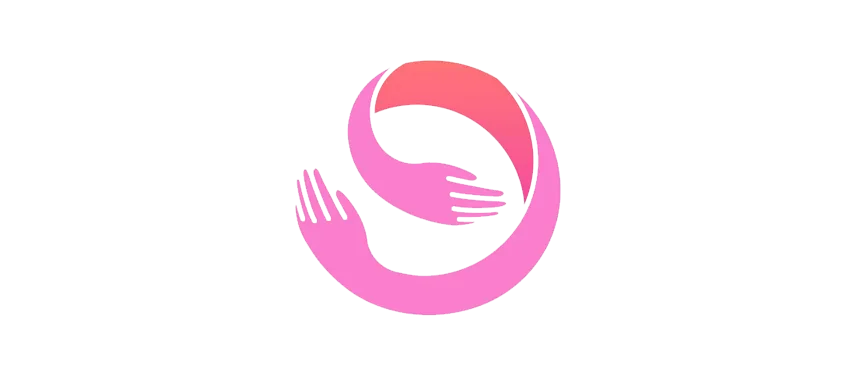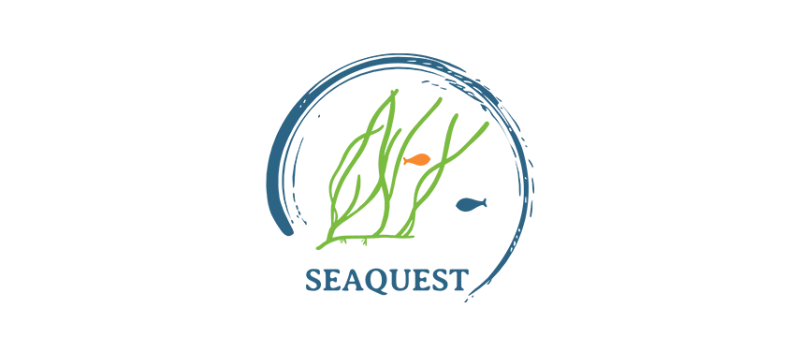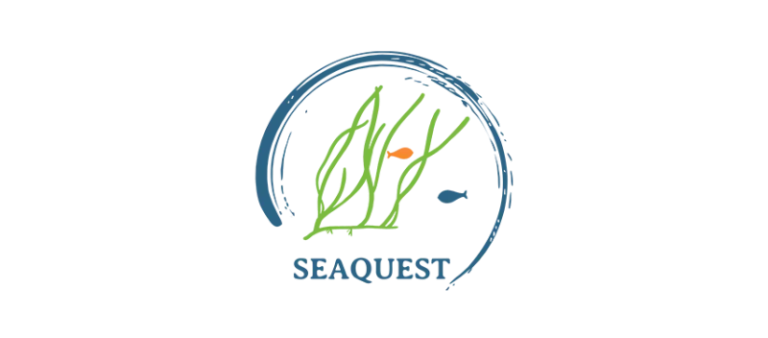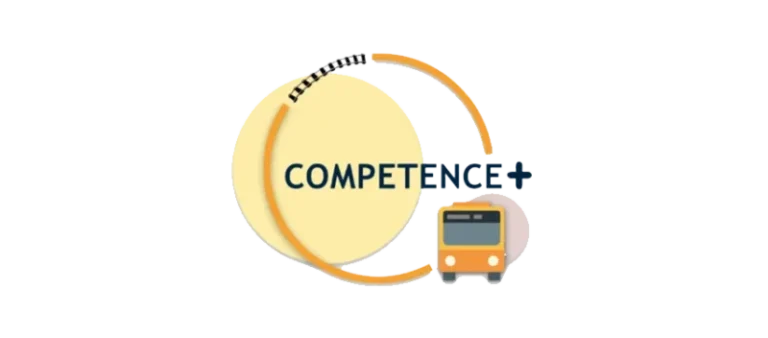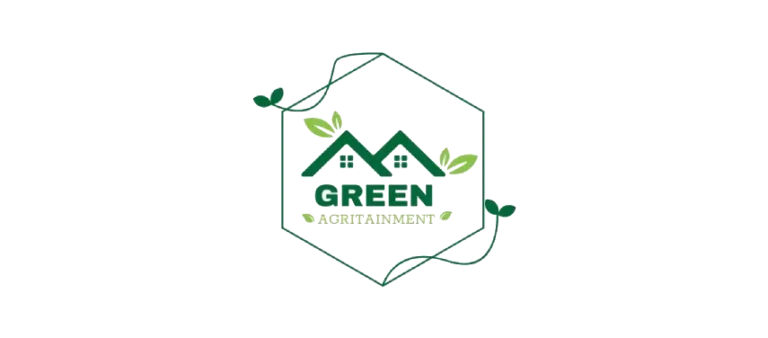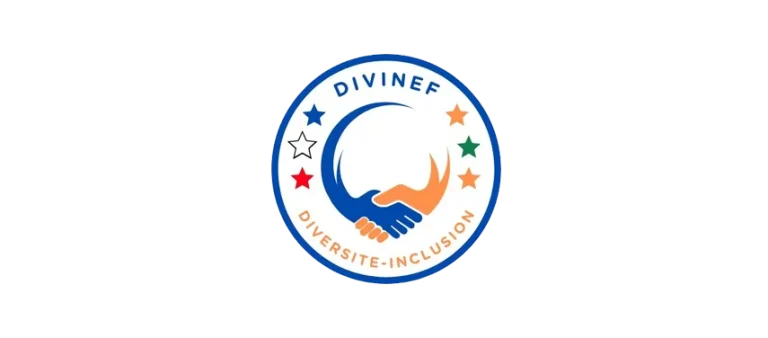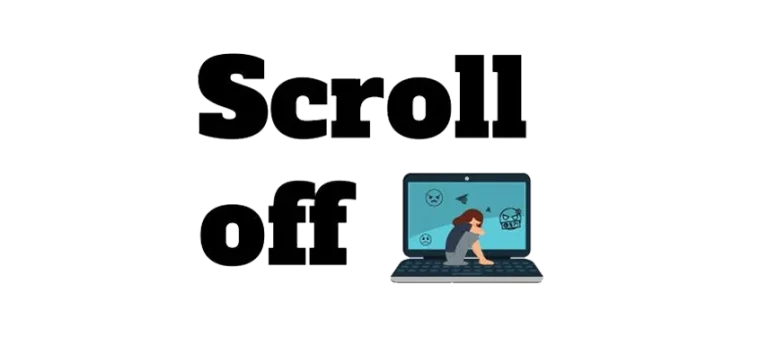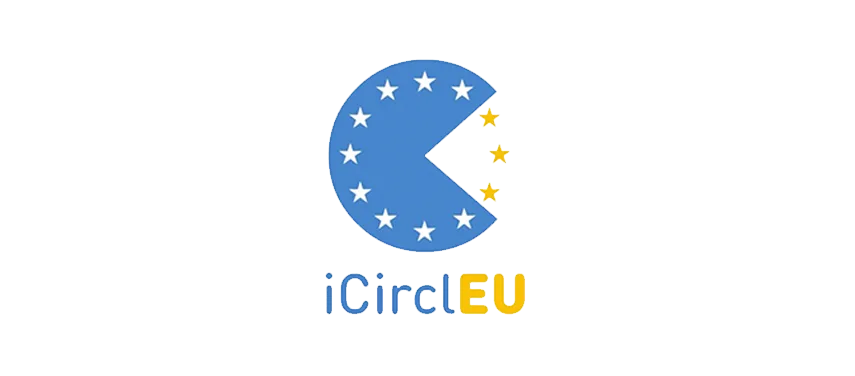
ICIRCLEU
Cross Border Circular Economy Toward Sustainable Development In The EU
The successful implementation of the 12th Sustainable Development Goal of the United Nations (Agenda 2030), requires the economic transition to a sustainable economy that needs to be structured as a circular economy.
The main principle is the reuse of waste and the acquisition of new raw materials in order to create a self-sufficient supply of raw materials to the economy in order to prevent the extraction of new natural resources because of the negative environmental impact arising from this exploitation. There may be the theoretical paradigm of self-sufficient societies, but in fact, everyone and each community rely on others.
A sustainable economy model gets very complicated and is therefore often reduced to such basic, local models of small self-sufficient communities. The concept also involves the reuse of waste sources. In the simple model, it is easy to describe a circular economy as a relatively homogeneous output that can be connected to a relatively homogeneous input or to very specific products. Nonetheless, the ideas for creating a sustainable economy are based on simple models that lead to the development of goals such as the 12th SDG for responsible consumption and production, including the objective of developing a circular economy.
Attempts to realize the circular economy have resulted in various measures nationally and EU, but very unclear recycling efforts have been described. In Luxembourg, a study carried out in 2014 found high motivation of people to learn about circularity, a high level of competence about some tools used for circularity, but a low level of knowledge about the circularity framework (Hansen et al, 2014).
In Italy, awareness activities provide the opportunity of shifting the concept of CE beyond the current social-political debate centred on recycling, but the need for people’s education towards CE transition is clearly stated (Ghisellini & Ulgiatiy, 2019). In 2018, approaches towards growing public environmental awareness are proposed by the Latvian policies to gradually improve the sustainability of behaviour and consumption patterns and thus drive changes in business models to increase resource productivity. France proposes efforts, including raising public awareness, to make its transition to greener energy a priority through regional policies that aim to the economic and social development of the region, by supporting the transition to a circular economy.
Unfortunately, in Cyprus until now, the economy was largely based on the “take-make-throw” model, a linear model in which each product inevitably reaches the end of its useful life, but efforts have been made and measures have been taken the last years to transition to CE. It is clear that the measures taken by the policymakers of the partner countries avoid envisioning how a CE should be implemented or how the 12th SDG should be realised. We shift the responsibility to citizens to address this very essential issue of CE.
A huge obstacle to creating a more multidimensional model for achieving circular economy seems to be that the concepts of the idea of a CE are very much based on people’s cultural backgrounds in different countries and environments. There seem to be variations among nations on how citizens envision a CE to be realized. However, goods and waste cross borders and, therefore, nations are unable to survive without dependency on other nations.
To understand the principles of a circular economy and hence the achievement of the 12th SDG an international dialogue with input from people from different settings has to be launched with Luxembourg as a leader of a consortium consisted of Italy, Latvia, France, and Cyprus. This means collaborations are required for the purpose of discussing these issues which correspond to the 12th SGD. Our project will be an attempt to contribute to the cross border circular economy by raising awareness on the obstacles relevant stakeholders face, and exchange good practices through seminars/workshop organized by the partners in their respective countries, in which representatives of the partner organisations will be invited to be trained on how to approach the problem in order to accelerate international solutions that deserve to be called measures to accomplish a real circular economy.
The objectives of the project are:
- Implementing the 12th Sustainable Development Goal of the United Nations (Agenda 2030) by transitioning to a circular economy.
- Promoting the reuse of waste and minimizing the extraction of new natural resources to prevent environmental degradation.
- Developing a sustainable economy model focusing on responsible consumption and production.
Raising awareness and educating stakeholders about circular economy principles and practices. - Facilitating international dialogue and collaboration among partner countries (Luxembourg, Italy, Latvia, France, Cyprus) to address common challenges and exchange best practices.
- Organizing seminars and workshops to train representatives of partner organizations on approaches to accelerating the transition to a circular economy.
- Contributing to the development of international solutions for achieving a real circular economy.
| Organization Name | Country |
|---|---|
| INNOVATION AND SUSTAINABLE DEVELOPMENT INSTITUTE | Luxembourg |
| EURO-NET | Italy |
| STANDO LTD | Cyprus |
| ASSOCIATION FENÊTRES | France |
| BIEDRIBA EUROPEAN CENTER FOR RESEARCH AND REGIONAL DEVELOPMENT | Latvia |
Disclaimer: This project has been funded with support from the European Commission. This publication reflects the views only of the author, and the Commission cannot be held responsible for any use which may be made of the information contained here.
